Are you seriously considering submitting your nomination for the post of University Rector?
That is the $64,000 question! The race for the new rector is a fairly idiosyncratic one, in the sense that nominations can only be made by one of the 32 members of Council who, according to the Education Act, have the right and responsibility to nominate candidates for rector. Should such a candidature be proposed on my behalf, I will certainly consider it. It is quite likely that there will be more than one candidate – and the aspirations of some people are already known – but others might become known in the next few weeks. Nominations close on 4 March.
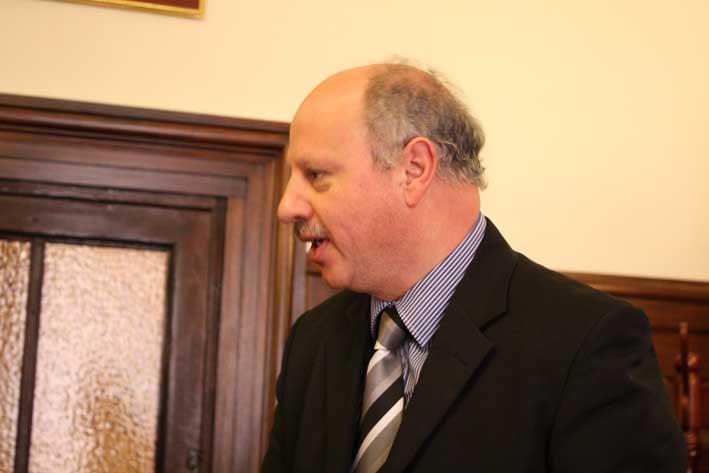
Prof. Alfred Vella (photo above) has shown interest in the post and declared that he has the support of the College of Deans. Do you not think that you are already at a disadvantage?
As the heads of their respective faculties, the deans showed their support for the better known and most likely candidate for rector at the time. Prof. Vella has also been announced as the front runner which may, however, not necessarily work in his favour. It could be that the College of Deans expressed their support for him in order to pre-empt any candidate being parachuted in from outside the Council. So I interpret that move from the deans as a safeguard to protect the University from external (and relatively unknown) candidates.
In fact, 10 years ago, the College of Deans made a similar move when Prof. Roger Ellul Micallef sought its support to secure a third term. Unfortunately, it did not work in his favour and we had Prof. Juanito Camilleri elected with the strong backing of the government members on the Council.
Prof. Vella is a safe pair of hands and a respected colleague. He served as Dean of the Science Faculty for a number of years and then as Pro Rector for the last 10 years. He knows the UoM inside out so, yes, he starts with an advantage. You could say that Prof. Vella enjoys the power of incumbency. He is also a member of Council. I respect him a lot – and am confident that he feels the same about me!
So who is supporting you?
You will find out soon enough.
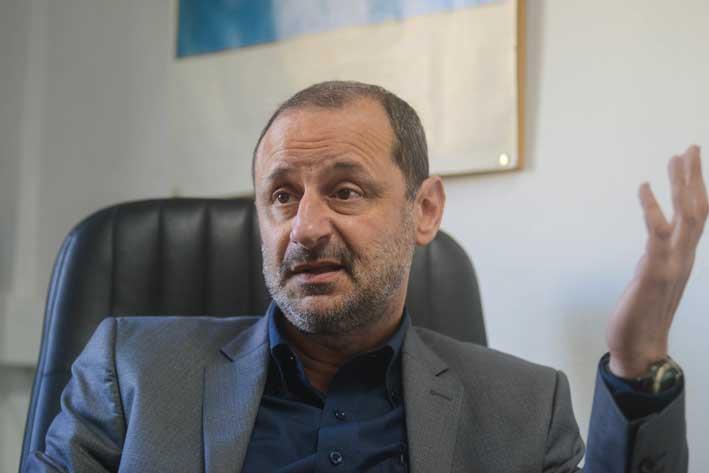
Do you have a manifesto? If so, what does it say?
Yes, and in synthetic form it has been published since last December and is also available online. However, a more detailed programme is in the making and I am doing this with my proposed dream-team of Pro Rectors with whom I am in consultation. It is a programme that speaks of the strengths of the UoM. I am not an iconoclast and I am not somebody seeking some kind of revenge on the university community. Far from it! I am here to consolidate the sterling work that has been meticulously undertaken before me but I am also here to provide some fresh air to this campus that needs to become more global, as well as more local.
There is no contradiction here: I would very much like to see a campus that is more driven by a research mandate. We are, and will always remain, a teaching institution but what really makes us a university is this cutting edge of research orientation and we need to provide more incentives and more recognition for that.
We also need to become more local, so we also need to recognise the possibilities that exist in order to make the university more real and relevant to a lot more people who are not necessarily our regular students. In some areas, we may have reached saturation point but in other areas, such as adult courses, part-time courses and novel IT-based courses, we need further investment.
The university is not just a teaching institution but a work place and the Rector is the chief executive of a phenomenal workforce of almost 3,000 employees. We need to continue promoting the talent of our administrative, technical and industrial staff and, at the same time, we need to create opportunities for students who are inter-disciplinary and better at thinking and reasoning things out, rather than reproducing bland facts.
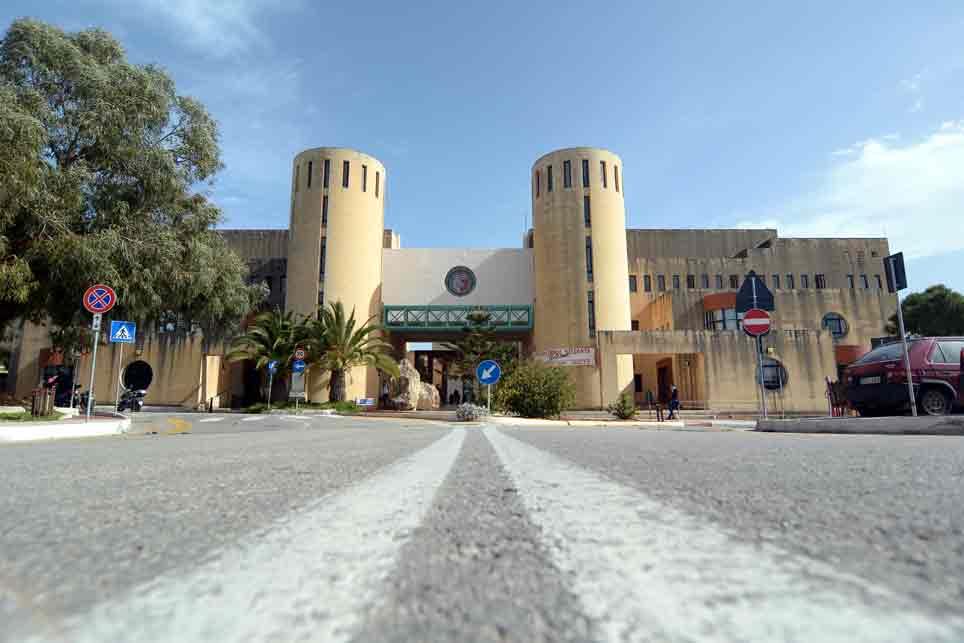
If you become the rector, how will you take the university off its pedestal and integrate it more in the community?
I call this the missing third: the 30 to 35 per cent of young people who never even considered undertaking tertiary education. Seeing that we have knowledge and skills here, and that the university is the only national university, we have a serious responsibility to try and connect with as many people as possible in different ways – be it physically, through the media or through our website.
I will be 56 years old in April and have always championed evening courses that lead to a diploma or degree. I’m in favour of encouraging individuals who may never have thought of coming to university but now, after work, have an opportunity to come on campus and develop their professional and other skills.

This university has around 1,600 lecturers, but many of them are afraid to voice their opinions in public on a number of current issues. If you become Rector, how will you convince them to participate more?
I will certainly lead by example. I want to be a role model. I think I am a consummate scholar. My credentials speak for themselves – Google my name – and I also have a fair degree of leadership experience at different levels. The job of an academic is one that involves responsibilities to society and we need to extend our experience beyond the campus through the media, social media and engagement with communities.
The number of students graduating each year is on the rise. Does this reflect an increase in quality as well? If you become rector, what will you do?
We need to be careful here because, since we moved from the exclusive ‘intellectual elite’ type of students to more open and inclusive recruitment, we have a wider catchment area of students. This is healthy but with it you get more diverse sets of skills, abilities and aspirations. Being the only state university in Malta, we have to cater for both types of students. We need to be a university for all seasons and incentivise our top-notch scholars and students to invest in cutting-edge research because that way we will be able to move up those university rankings that annoy so many.

How will the university benefit from your experience and global reputation?
Working overseas has given be a glimpse of how universities can work in other environments. This allows me the benefit of being both an islander to the UoM – I have been working at the UoM since 1981 – but also someone who is detached enough to look ‘outside the box’, and offer many ideas for improvement. Come what may from the results of the council election, I am hopeful that my vision, ideas and energy will find fruition in, and with whoever takes over the rectorship.
The university is not only an academic institution but also has to be looked at as a company. Do you feel you have the right entrepreneurship skills?
We have a splendid administrative team so the new rector can rest assured that this team is effective and in place. One of Prof. Camilleri’s main accomplishments was to ensure that the systems, protocols, processes and people who – even at administrative, industrial and technical level – ensure that this fantastic place continues to run smoothly. These are the almost 3,000 guarantees for that continuity that some worry about after Prof. Camilleri leaves.
In my own experience as a scholar, I have generated about €1 million in research revenue, so I have some experience in securing research funding. Of course, government remains a very important player in all this: at present, the university generates around 15 per cent of its revenue and the new rector will be looking at ways to increase this, obviously subject to discussion.
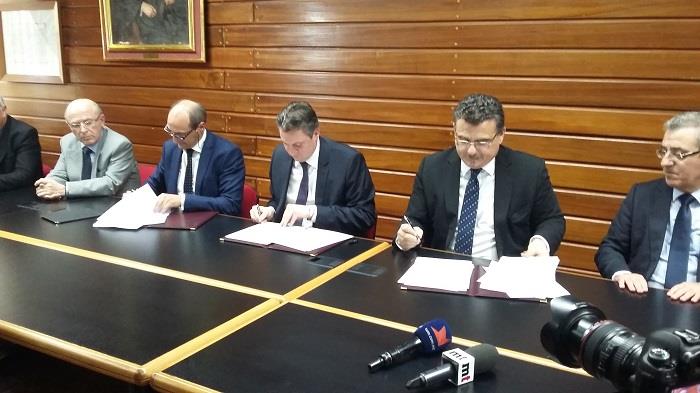
What are your views about the agreement that the government has just signed between the university and Barts?
I think government is bent on increasing pluralism in higher education and this in itself creates opportunity, choice and diversity of services. I strongly see the need to become more acceptable of a situation in which the university has to contend with more players in higher education on Maltese soil. However, we need to ensure that any competition is fair; resident academics with the UoM would collaborate with other local institutions of higher learning as long as there are synergies and value added that accrue to the university. So, we need to find the modus vivendi that does not place the university in a position where it indirectly subsidises private operations.
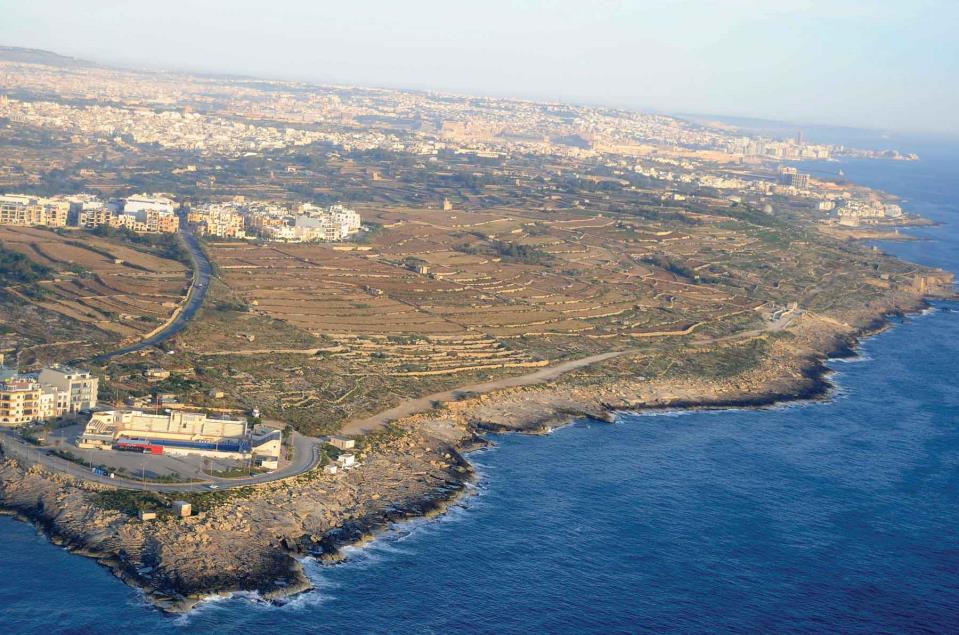
So do you have the same views about the American Institute of Malta?
Here, I am adopting a ‘wait and see’ attitude. Also, as someone born in Cospicua and residing in Marsaskala, I remain hopeful that such an institution can provide a ‘lift’ to these communities. The UoM should be on the alert to avoid seeing an exodus of academics and personnel because somebody else is paying better. So this has to be kept in mind and it can give us the opportunity to look into the employment conditions and quality of life on our campus. The new rector has to look into all this so that people enjoy living here and do not just work and study. Our university does well to attract and retain the brightest and ablest of scholars.

In your intervention during the open meeting that Prime Minister Muscat held with University lecturers on 22 January, you described the university as a golden calf. Can you elaborate?
I wanted to make two points on that occasion. I spoke from the heart and said that I was so proud to be a member of this significant institution because it made me who I am today. It allows people to grow and develop and I still feel I am a student at heart because I am still learning from others, including my students.
But then I moved on and told the Prime Minister that the intention to craft a ‘University of Malta Act’ would create an opportunity to revisit the governance structure of the university. We may have reached a situation where it is practically impossible for a rector to be a seasoned scholar, a savvy chief executive and a visionary leader all rolled neatly into one. This configuration is becoming increasingly impossible. In fact, we have pro rectors, rector’s delegates and a secretary who is listed in the Education Act as the second most senior official at University.
So I think the university deserves to have a solid cadre of senior management posts. We need to provide assurances that, at the university, there are suitable checks and balances while maintaining a degree of flexibility. I also criticised the way a rector is currently appointed because, for any self-respecting institution of this size and influence, one should not simply have a call for expressions of interest in the post of rector barely three months before the new person is supposed to take over. This is the current situation. We know for sure that 30 June is the last day of Prof. Camilleri’s rectorship. The university deserves a better deal. It should not be fêted like some golden calf, only to be found wanting and short in an effective, administrative set-up.
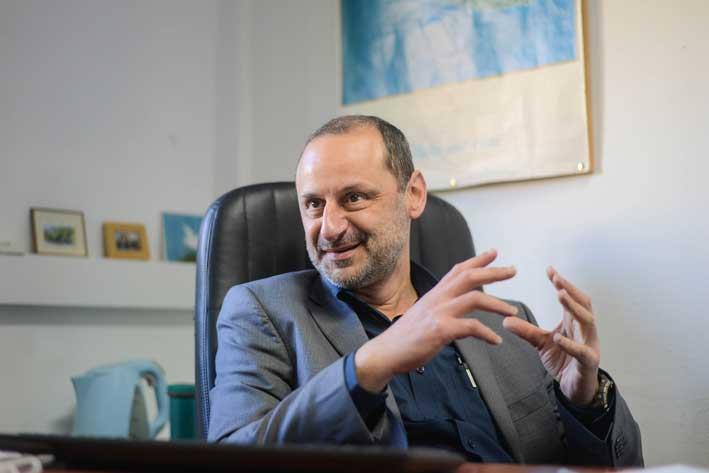
If you do not become rector would you agree to become pro rector?
Yes. I am willing to serve.
What would make you a good rector?
What I bring to the table – and presumably to the Office of the University Rector – is a solid interdisciplinarity; a strong international experience and profile; a keen desire to better integrate the University in its home society, economy and community and many sound ideas as to how to make this (and more) happen. To these four ‘i’ words, I will add the crucial fifth ‘I’. That’s me: my personality, my integrity, my ruthless honesty, my ability to ‘speak truth to power’. To some degree, every rector gets to fashion the university in his (or her) own image. My legacy, perhaps, will lie in my ability to upgrade the UoM into a more global and more local player, boasting a more liveable campus. Do hold me to account on these deliverables. But now I’m dreaming...!